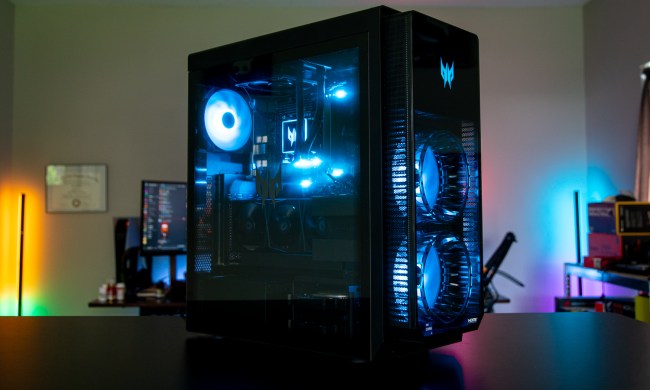Although USB 3.1, type-C connectors and M2 drives are the new, high-speed storage options of the modern enthusiast, Toshiba still believes that there are enough people using older standards that a new range of that sort of hardware will work well. As part of its TransMemory and Exceria ranges, it’s announced a trio of products, including a USB 2.0 flash drive, a new microSD card and a new SD card.
Available in a variety of sizes all the way up to 128GB, the Transmemory U202 flash drive supports only the USB 2.0 standard, so it is not the fastest out there, but Toshiba does tout its reliability and large storage capacity. It’s also quite economical, with even the biggest one costing just $80, while the cheapest 8GB version will only set you back $10.
The Key Exceria M301 microSD offers the same sort of storage capacities, but in a much smaller package. Designed for mobile users who want to expand their on-board storage, this minute storage device can deliver read speeds up to 48MBps and comes with its own full-size SD adaptor if required. It also comes with a five-year warranty, which should be more than enough.
Its pricing is a little higher than its USB 2.0 release partner, costing $20 for the 8GB version, all the way up to $150 for the 128GB variant.
Related: Satechi wants to put vital ports on your new MacBook
When it comes to full-size SD cards, the pricing and available storage options are the same. The Key Exceria N301 class 10 UHS-I memory card has a decent data read rate of 50 MBps, with built-in write-protect to prevent accidental data overwrites. It also has plug and play support with no install and a massive 10-year warranty — though something tells us 128GB might be rather small in a decade’s time.
Do you have any use for older standards like these?



